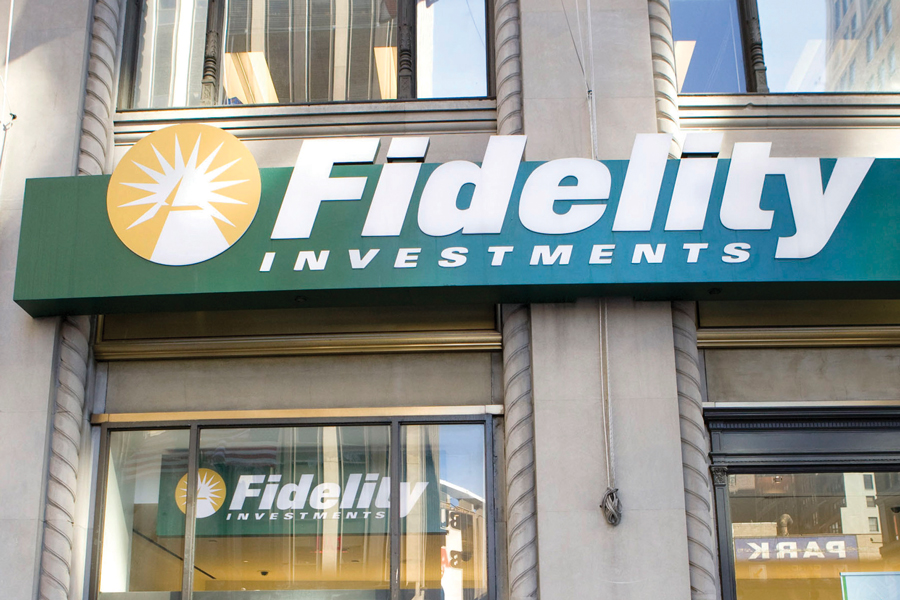

Fidelity Investments is on its way to dominating the health savings account business, according to a report this week from Morningstar Inc.
The Boston-based investment manager’s HSA assets have increased by 39% so far this year through June, following growth of 57% in 2019, according to Morningstar’s Health Savings Account Landscape report. Fidelity has also taken in the most HSA assets this year, with a nearly $2.2 billion increase through June. The next-biggest HSA provider by asset growth was HealthEquity, at about $1.2 billion in asset growth year to date, according to the report.
It’s a market in which assets are increasingly concentrated among the biggest players.
Since 2016, the four companies with the most HSA assets have grown to account for 56% of the market, up from 51%, according to Morningstar. The biggest firm, Optum, represents more than $12 billion in assets, followed by HealthEquity (nearly $12 billion), HSA Bank ($9 billion) and Fidelity (nearly $8 billion), data from the report show.
The growing market share among those four companies reflects big increases by Fidelity and HealthEquity. Since 2016, Fidelity’s market share more than doubled, going from less than 5% to more than 10%, according to the report. During that time, HealthEquity grew its market share from about 12% to 16%.
Morningstar also gave Fidelity’s HSA top marks as both a spending and investing vehicle, making it the only such service to score well in both categories. The company’s all-in investment fee is 2 basis points across all account sizes, which makes it highly competitive for people who want to use their accounts to invest, the report noted.
While Fidelity was the only HSA provider rated high for investment accounts, other firms, including The HSA Authority, HealthEquity and Bank of America received above-average ratings. The criteria used in those overall scores were menu design, quality of investments, price and the minimum account balance needed in order to invest.
For HSAs used as checking accounts for medical expenses, not investing, other companies given high overall scores were Lively, HealthEquity and The HSA Authority. Factors in those scores were fees and interest rates.
Across the industry, total HSA assets are on track to hit $77.8 billion by the end of 2020, with $57.7 billion of that held in deposits and $20.1 billion being invested, according to a report from HSA consulting firm Devenir. That company projects that total HSA assets will reach nearly $105 billion by the end of 2022.
As of the end of June, there were more than 29 million HSA accounts, with the majority of them being funded, according to Devenir.
The average balance of an account opened this year was $1,260, compared with nearly $6,400 for an account opened in 2010 and more than $11,600 for one opened in 2005, Devenir reported.

Integrated Partners is adding a mother-son tandem to its network in Missouri as Kestra onboards a father-son advisor duo from UBS.

Futures indicate stocks will build on Tuesday's rally.

Cost of living still tops concerns about negative impacts on personal finances

Financial advisors remain vital allies even as DIY investing grows

A trade deal would mean significant cut in tariffs but 'it wont be zero'.
RIAs face rising regulatory pressure in 2025. Forward-looking firms are responding with embedded technology, not more paperwork.
As inheritances are set to reshape client portfolios and next-gen heirs demand digital-first experiences, firms are retooling their wealth tech stacks and succession models in real time.
